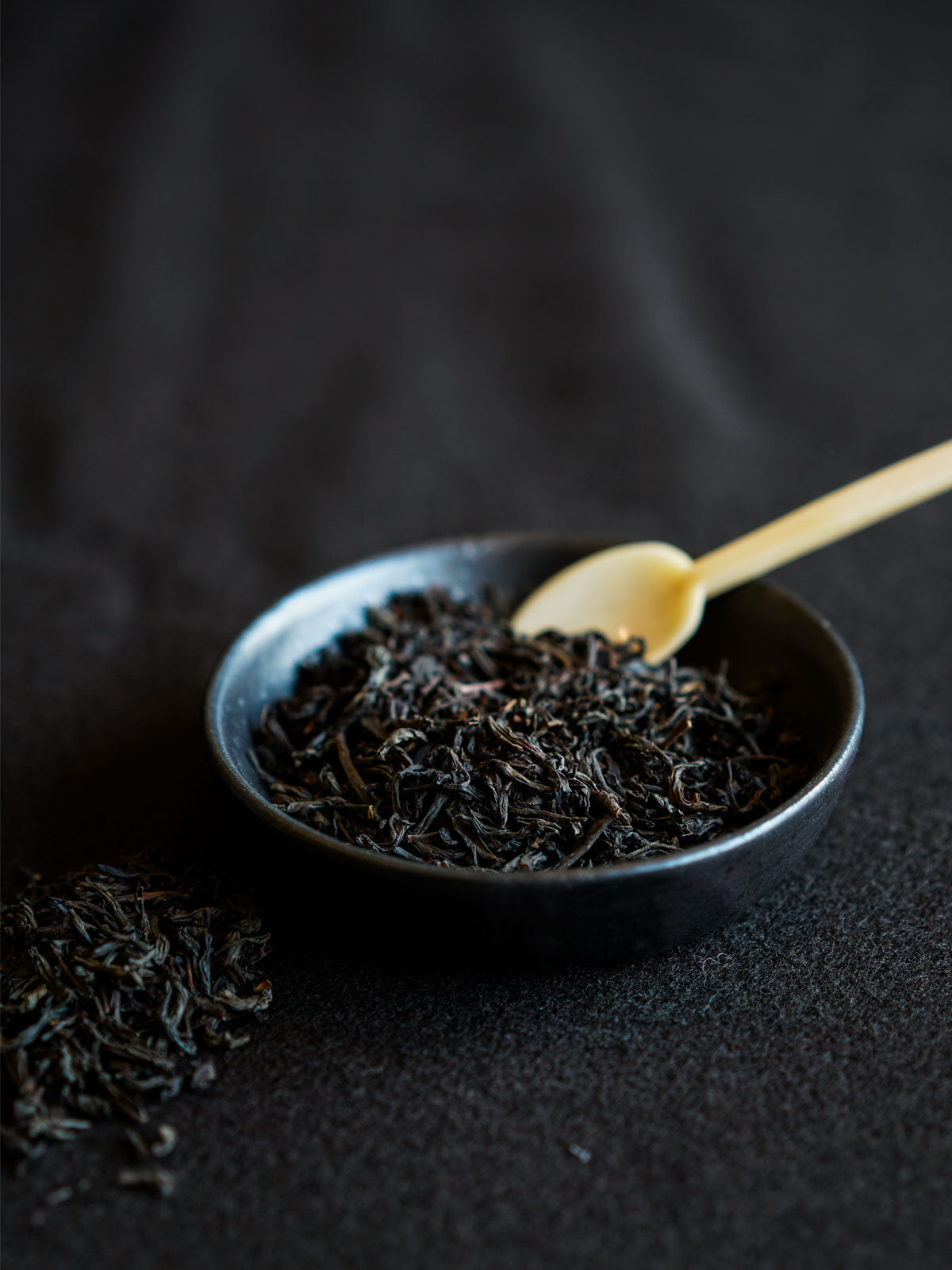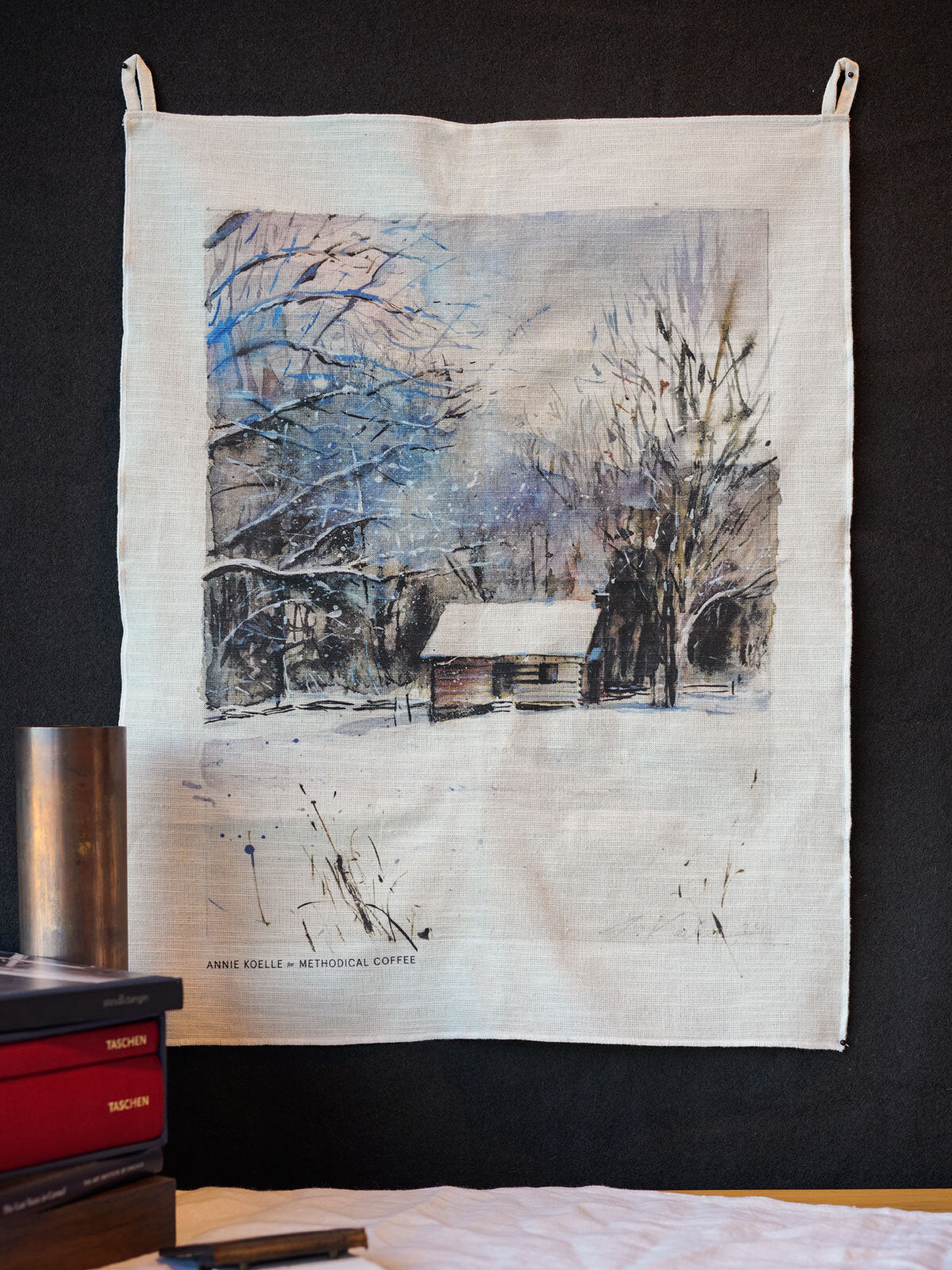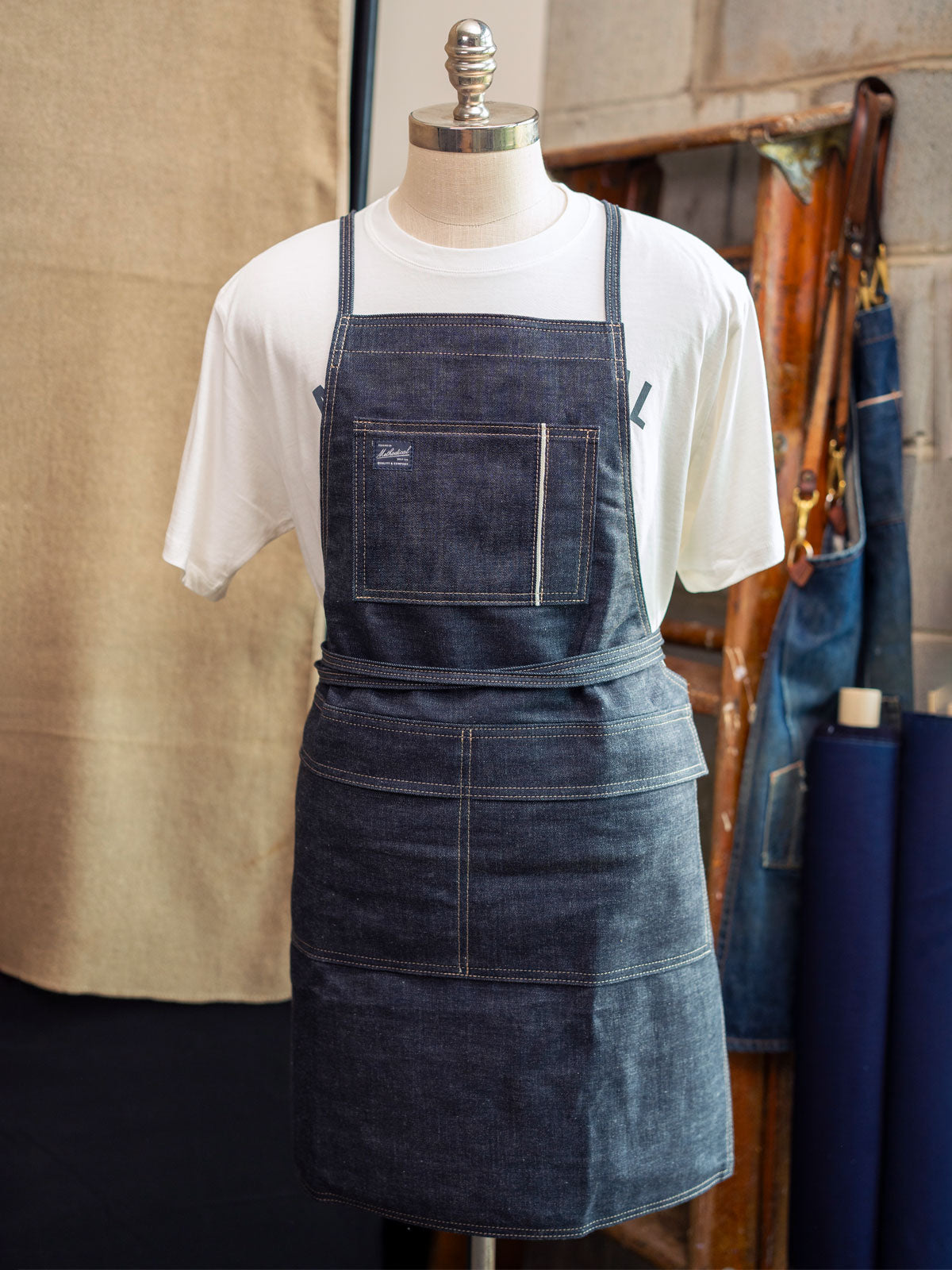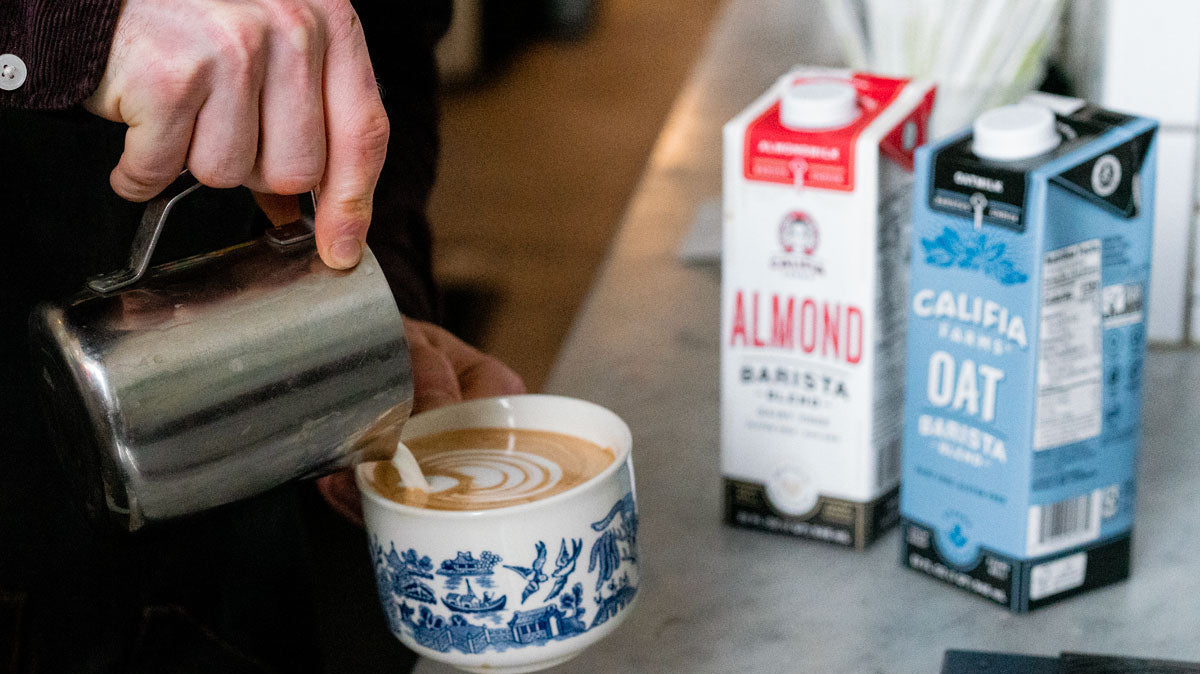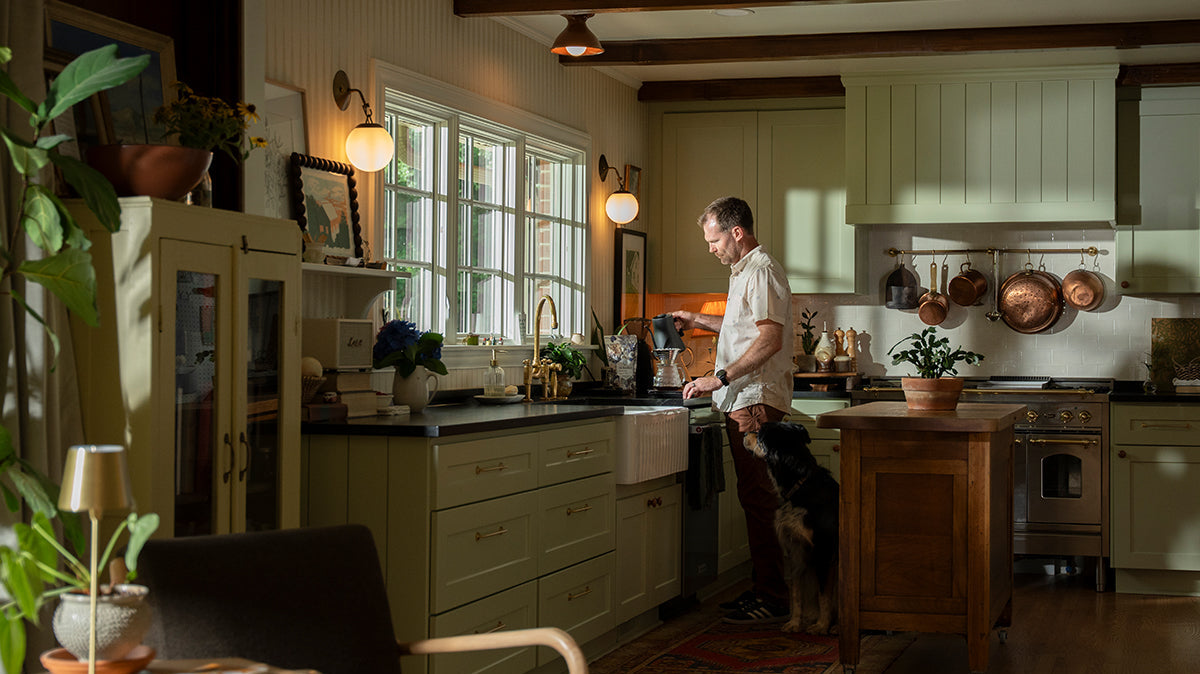“That cat right there’s named John Wayne,” Mark Wiley nods toward a skinny, orange long-haired cat, one of 20-something that roam his dairy farm. “I spend $20 a week feeding these cats.” This is a man who knows his margins. Cats aren’t even his business–they’re a mere accessory to his small but mighty dairy farm–but he knows the cost of having them, where they fall in his P&L. He doesn’t carry a leather briefcase, he doesn’t attend board meetings, and he might not own a suit (can’t confirm), but Mark Wiley is a businessman.
Mark welcomes us at the top of the long gravel drive that leads to Southern Oaks Jersey Farm. The farm opens up behind Mark’s family home, the cloud-patched sky draping the tree-flanked fields and work buildings. It’s a modest, idyllic place where time seems to slow. Not for Mark, though. He generously welcomes us into the middle of his never-ending workday–a Friday, deep-cleaning day (in addition to the two milkings), and the vet comes today, too. We’ve served Southern Oaks milk since we opened in 2015 and we’ve come to know it well. It’s remarkable to gaze out on its origins, to see how such a high-quality jug of milk can come from such a small-scale, pastoral farm.

Mark has been milking cows for about 30 years. He opened Southern Oaks in 1986 on land that had been farmed by his family for years prior, milking his herds and selling milk to one of the country’s largest dairy companies. After a couple of decades, Mark decided to go his own way, at first bottling raw milk only before venturing into pasteurization, opening Southern Oaks up to the local markets. He leads us into the milking room, a notably small and efficient space with four milking stations on each side. “I spent the bulk of my adult life right here,” Mark says. In that time, he’s gotten it down to a science. 8 cows at a time, 12-15 minutes each, twice a day. Milk them for 300 days, turn them dry for 60. He lets his cows go on vacation, but I doubt Mark ever gives himself the same luxury.

For the cows, that 60 days rest period is the icing on the grassy cake. The herd at Southern Oaks are only milked for about 30 minutes total in a day and spend most of their hours grazing on acres of sunny pasture lined with shady trees. When cows feed off the land, the seasonality of milk comes through in the end product. The milk is sweet and creamy in the springtime, rich in omega-3’s and good fatty acids from the herd’s fresh-growing food source. In the late fall and winter, they feed off of stored hay bales and the milk reads nuttier and less fatty. Mark’s primary goal is doing right by the milk. “I want to do one product at a time and get [each one] right.” Every decision made– the strict schedule of milkings at 2 AM and again at 2 PM, a thorough cleaning process after each milking and jugging, and the careful logistics of resting one herd, milking another, and caring for calves while they grow to breeding age–all affect the taste and quality of their product. The milk produced by careful planning and contented cows at Southern Oaks is often milked in the morning and delivered to us the same day for us to pour in your latte.
Mark is diligent in his process, he cares about the product. Of course he does, he’s a businessman. Mark knows, though, that the health and well-being of his herd, the cleanliness of his equipment, and the attention awarded by small-batch jugging are key to his success. Mark cares about the bottom line, but not at the cost of responsible farming practices. Otherwise, he wouldn’t have expenses like barn cats, or be willing to pour money into the healthy growth of each calf for two years before turning them to production. It’s a cost he’s willing to pay for unbelievably sweet, creamy milk and the healthy cows that produce it. “We keep records for every cow,” Mark’s daughter Carrie explains. I ask if they use spreadsheets, to which Mark, in his heavy-duty workwear jeans and a laundry list of tasks scrolling behind his eyes, smirks and says “index cards. I’m old school.”

Written by Angie Thompson


